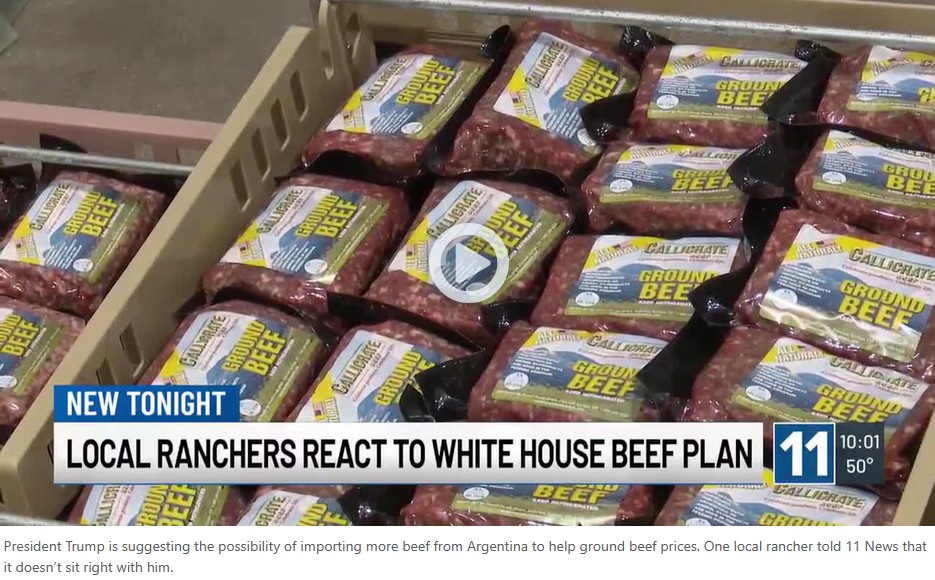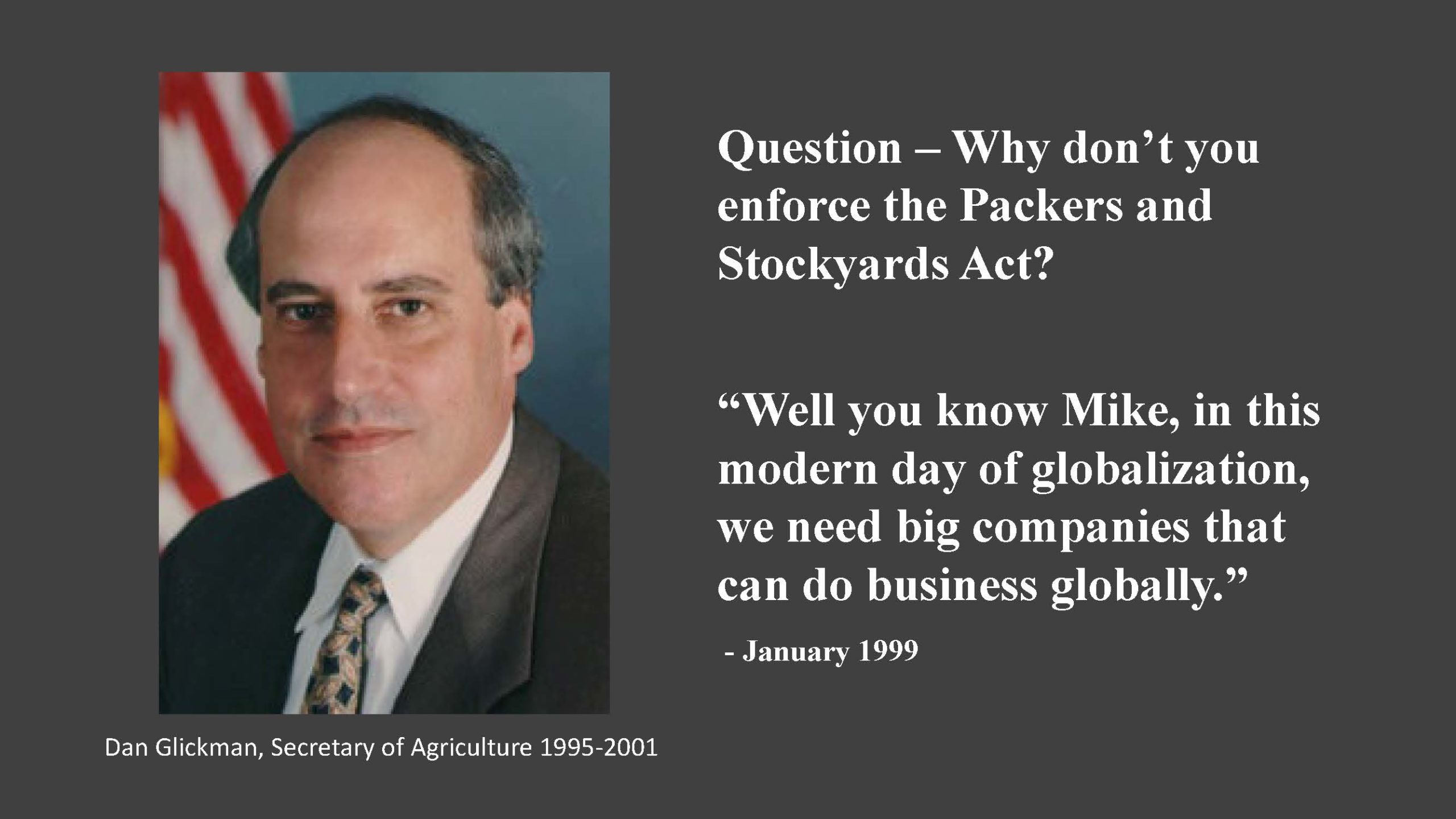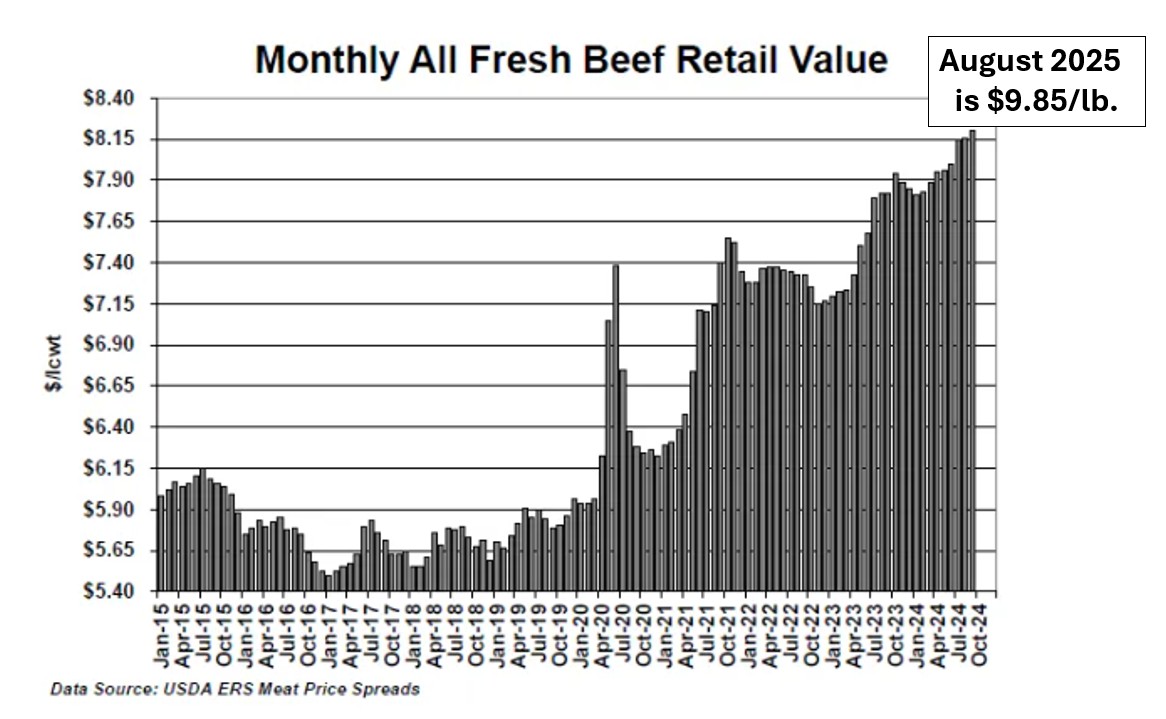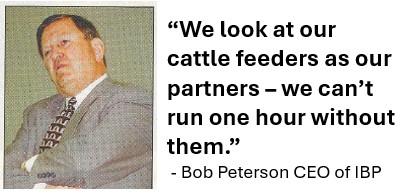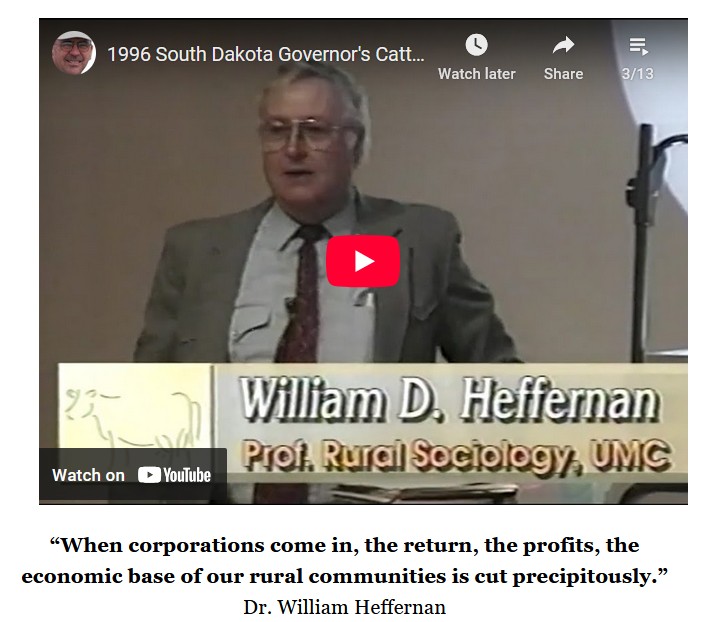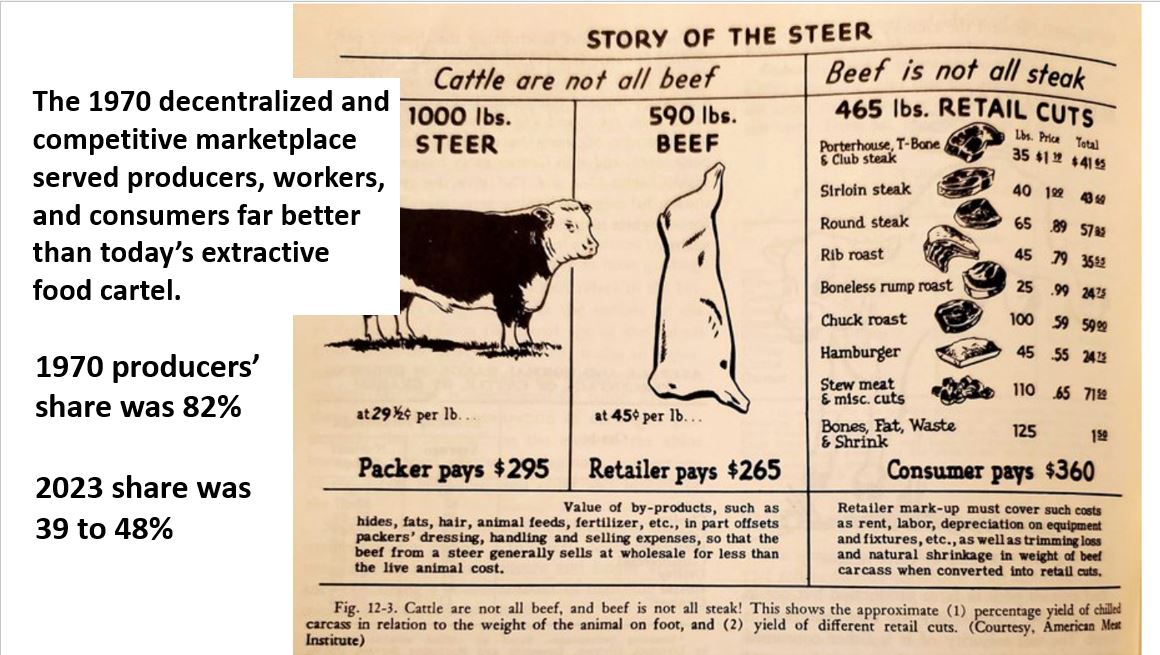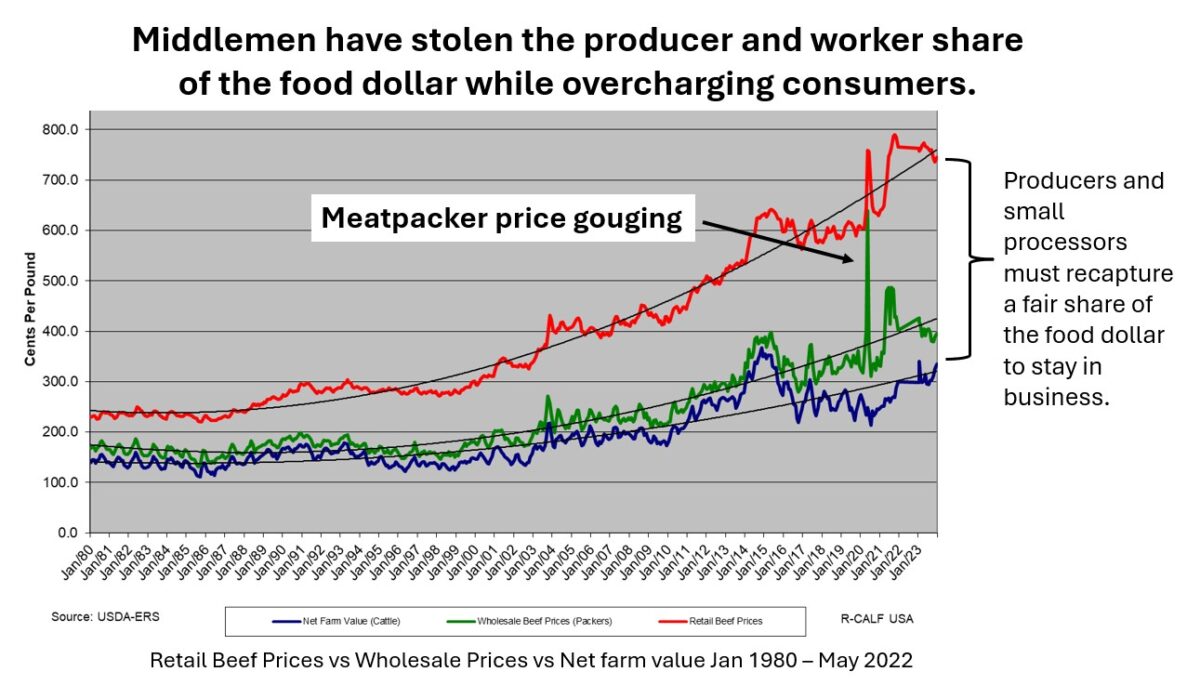Doomer Optimism
2.65K subscribers
Nov 25, 2025
Welcome to Beef Week! 🐄
Nate sits down with rancher, entrepreneur, and farm advocate Mike Callicrate for a deep dive into the crisis facing America’s cattle industry—and the path forward. Mike traces the devastating consolidation of the beef industry from the 1980s to today, explaining how we went from 20 competitive cattle buyers to just four dominant packers controlling 85% of the market.
He shares his firsthand experience of being blackballed by the industry after speaking out, forced to watch his 12,000-head feedlot sit empty despite having 14,000 cattle ready to sell. But this isn’t just a story of corporate capture—it’s a blueprint for resistance. Mike details how he built Ranch Foods Direct, creating a model that bypasses the exploitative middlemen by connecting producers directly to consumers.
He reveals the shocking inefficiencies of industrial meat processing (700 gallons of water per animal vs. 30-50 gallons in small plants) and explains why the “efficiency” narrative is a myth designed to justify consolidation. The conversation covers critical topics, including: How boxed beef became a weapon to eliminate small regional packers. Why USDA inspection protects big players while crushing small operations.
The real reason beef is safer when carcasses hang for 6-7 days (and why big packers won’t do it).
Mike’s vision for “maker-owned markets”—community food hubs where producers own the real estate and control their destiny. Why breaking up retail giants like Walmart is as important as addressing packer monopolies.
Mike offers a third way between predatory capitalism and socialism: distributed ownership. His maker-owned market concept shows how communities can rebuild local food systems that create wealth, foster connection, and produce genuinely better food.
Whether you’re a producer fighting for survival, a consumer wanting better food, or someone concerned about rural America’s collapse, this conversation provides both the context to understand how we got here and the vision to imagine something better.

